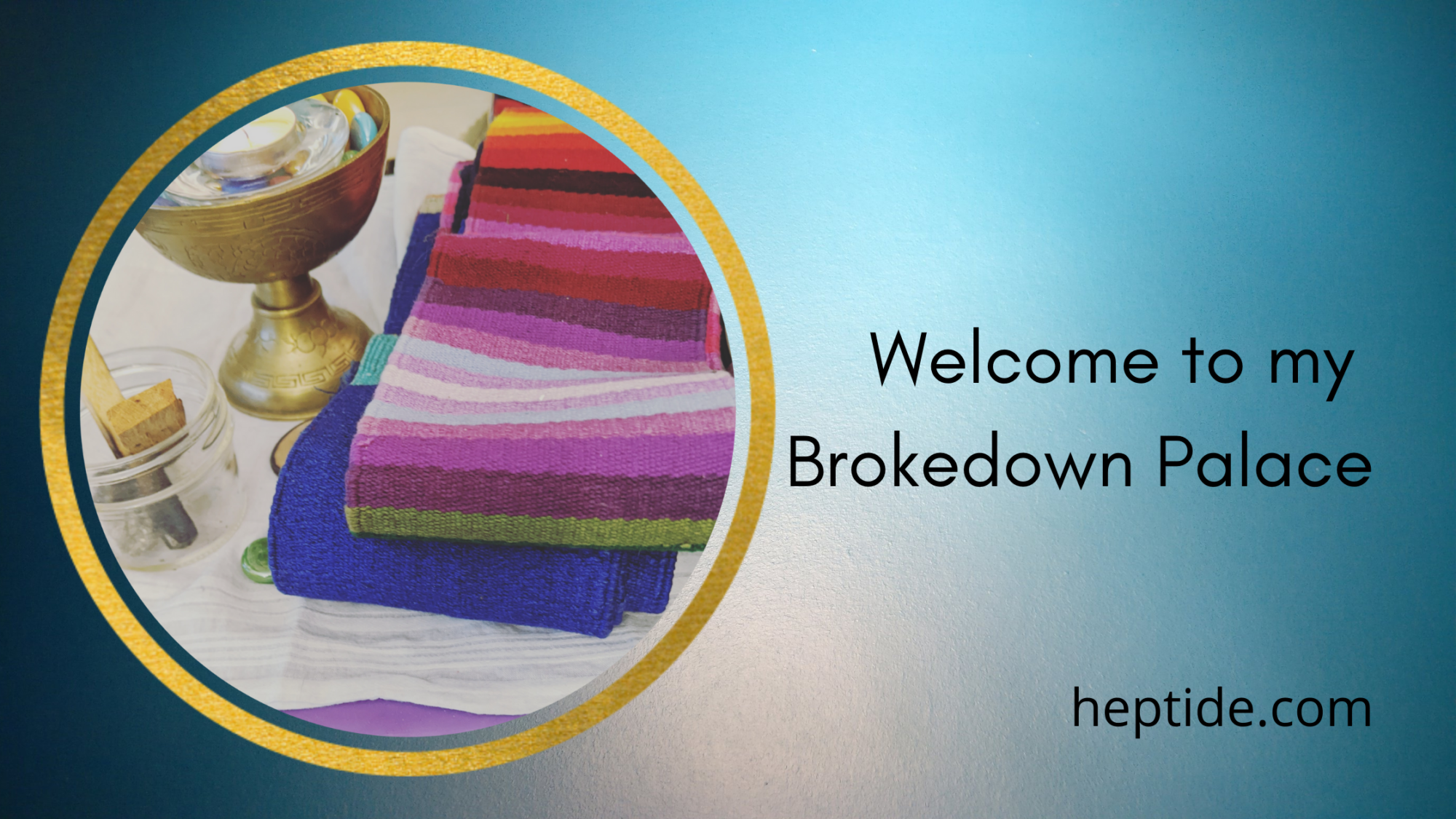“In every age, no matter how cruel the oppression carried on by those in power, there have been those who struggled for a different world. I believe this is the genius of humankind, the thing that makes us half divine: the fact that some human beings can envision a world that has never existed.”
-Anne Braden
Anne Braden was a white civil rights activist in Louisville, Kentucky; one of very few white American’s Martin Luther King, Jr. was quoted to say that he trusted to have his back. I was introduced to her legacy while attending the Unitarian Universalist General Assembly in Louisville, Kentucky, in 2013. Her story quickly began to weave its way into my soul. If you don’t know much about her there is a wonderful documentary about her life. This post is not about Anne Braden, but her life story is very important when we consider what it means to be an ally.
Sadly, in our generation being an ally is a learned ideal. With the recent news from Arizona, Kansas, and a myriad of other states our ability to stand with others will become very important. Civil rights leaders have fought a long embittered struggle through the latter half of the 20th century to end one form of segregation only to be met with segregation anew in the 21st. Lesbian, gay, bisexual, and transgender people have been fighting an uphill battle for many years and they must be gaining ground because opposition to equality has really kicked into overdrive. In the United States we look to Arizona reinstituting Jim Crow. Russia now makes demonstrating for the LGBTQ community a crime, and different countries in Africa calling for prison and death–all for people who just want the right to be themselves. Now, this new segregation is making its way into Mississippi.
When I was a child I never understood why two people of the same sex couldn’t be married. When I was in high school very brave friends starting coming out, and as I grew to be an adult I found that I knew more people in the LGBTQ community than I had imagined. Human beings–not faceless masses huddled in alleyways–but friends, family, and loved ones. I noticed that when I needed an ear, they listened; when I needed a shoulder to cry on, they offered; and when I needed support, they provided. They are different than me, but not really. Our hearts beat the same, our blood pumps the same, and when it comes down to brass tacks, we want the same thing– love. In fact I find the continued use of the terms they and them in this post problematic. I feel limited by language, but then in reality isn’t that just a reflection of the privileges I am granted automatically by being white, male, and heterosexual?
The happiest day of my life was my wedding, and it is a terrible tragedy that weddings only come to those born within a narrow range of acceptability. Love shouldn’t be allowed only for the privileged. Over the years being an ally has meant different things, but the core has always been the same. People I love are being marginalized and mistreated because of who they are, and I find that unacceptable. Perhaps a better word is shameful. But we have to continue to work together with that vision of a different world– the one we write poems about, the one we sing songs about. Staying in the struggle and the power will enable us to get there together.
Justin
